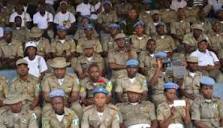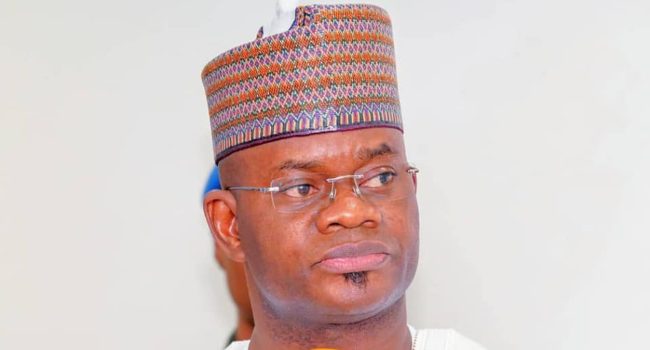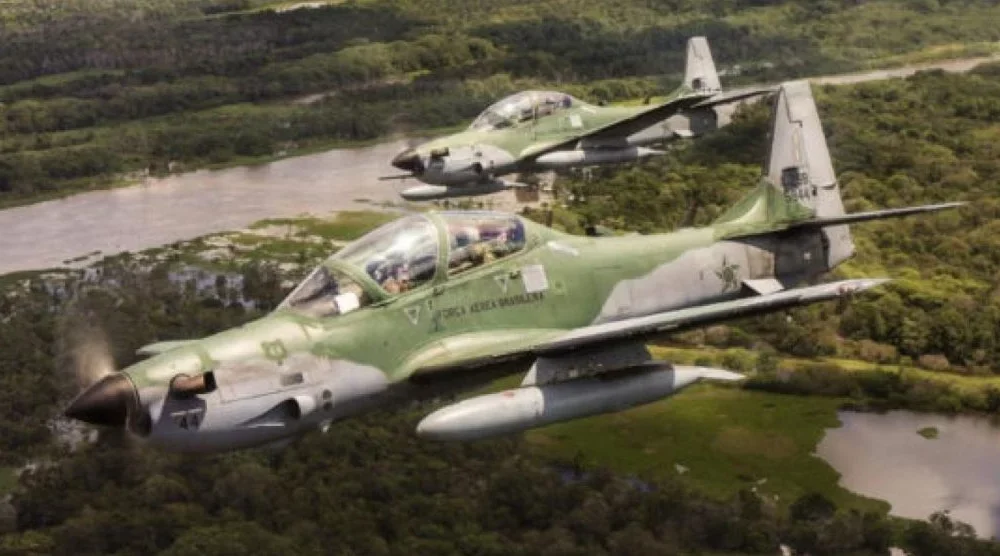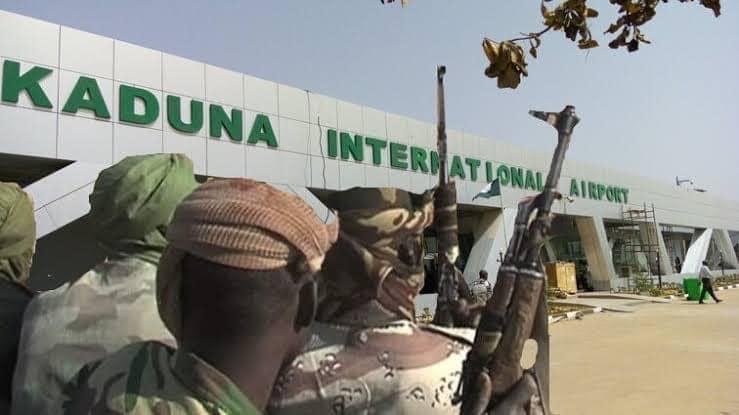Stakeholders on Thursday spoke with one voice in support of a bill for an act to provide for the establishment of the National Centre for the coordination and control of the proliferation of small and light weapons in Nigeria.
This followed presentation of memoranda at a one-day public hearing of the Senate committtee on National Security and intelligence held in Abuja.
However, the office of the National Security Adviser (NSA) and the Nigeria Customs Service however differed on the proposed legislation.
Declaring the session open, the Senate President, Senator Ahmad Lawan linked challenges associated with small and light weapons to crises in the Sahel.
Lawan, who spoke through Senate Deputy minority leader, Senator Shuaibu Lau stressed that the proliferation of weapons has triggered dangerous act of terrorism, adding “we are bound to reflect through relevant institutions”.
Consequently, Lawan noted this has precipitated the gathering of stakeholders on National Security and intelligence.
He noted that the essence of the Institutions is to control the menace of terrorism, kidnapping, armed robbery, banditry among others.
The Director Legal services of the National Centre for the control of small Arms and Light Weapons (NCCSALW), Chioma Onuegbu reiterated that proliferation of weapons pose a threat to peace and security.
She added that there was no better time to pass the bill than now.
Head of ECOWAS National office at the ministry of Foreign Affairs, Dr. Yakubu Dadu, said “we are in support of the bill”.
According to him, the bill is link to ECOWAS convention, pointing out that it is only Nigeria that has not establish centre to curb proliferation of small and light weapons in the sub region.
“ECOWAS is looking up to Nigeria, we have suffered from consequences of small and light arms proliferation”.
But the Nigeria Customs Service, represented by Usman Dakingari, Assistant Controller General of Customs was of the view that “if you block the land borders you will apprehend the culprits”.
He also called for the establishment of National Data base for weapons, saying Nigeria Customs is ready to synergize with other security agencies to curb the menace.
Similarly, the office of the National Security Adviser also kicked against the bill saying “the centre should be domicile at the office of NSA, if transferred into commission, it will be made up of pure civilian”.
However, the Director General of Coalition of Nigeria Youths, Ambassador Ade Emmanuel supported the bill, however emphasised that politics should be avoided during the consideration of the bill.
A member of the committee, Senator Francis Fadahunsi (Osun East) punctured the submission of the Office of the NSA.
“The NSA is yet to do it’s work, this bill started during President Olusegun Obasanjo when we called forensic into the Army, Police, we discovered 178,000 arms and ammunition lost to the criminals”.
Corroborating, Senator Patrick Ayo Akinyelure (Ondo Central) noted “ECOWAS said we should establish a commission through convention, the office of the NSA cannot audit itself, you are supposed to be umbrella supervising all security agencies” he emphasised.
In a separate submission, the Director General of National Taskforce Prohibition of Illegal, Importation/Smuggling of Arms, Ammunition, Light Weapons, Chemical Weapons and Pipeline Vandalism, Dr. Baba Mohammed backed the establishment of the commission.
He cited Liberia, Ghana, Sierra Leone, Cote’divoire, Guinea as countries who have established the Commission to stop killings, kidnappings, banditry.
The chairman of the committee, Senator Ibrahim Gobir (Sokoto East) noted that the committtee will collate all the presentations and do the needful.
“We will come out with a decision that everybody will be Happy.
“Ours is to make sure Insecurity become a thing of the past in Nigeria” he added.
Stakeholders back bill against proliferation of weapons in Nigeria as NSA, Customs differ




